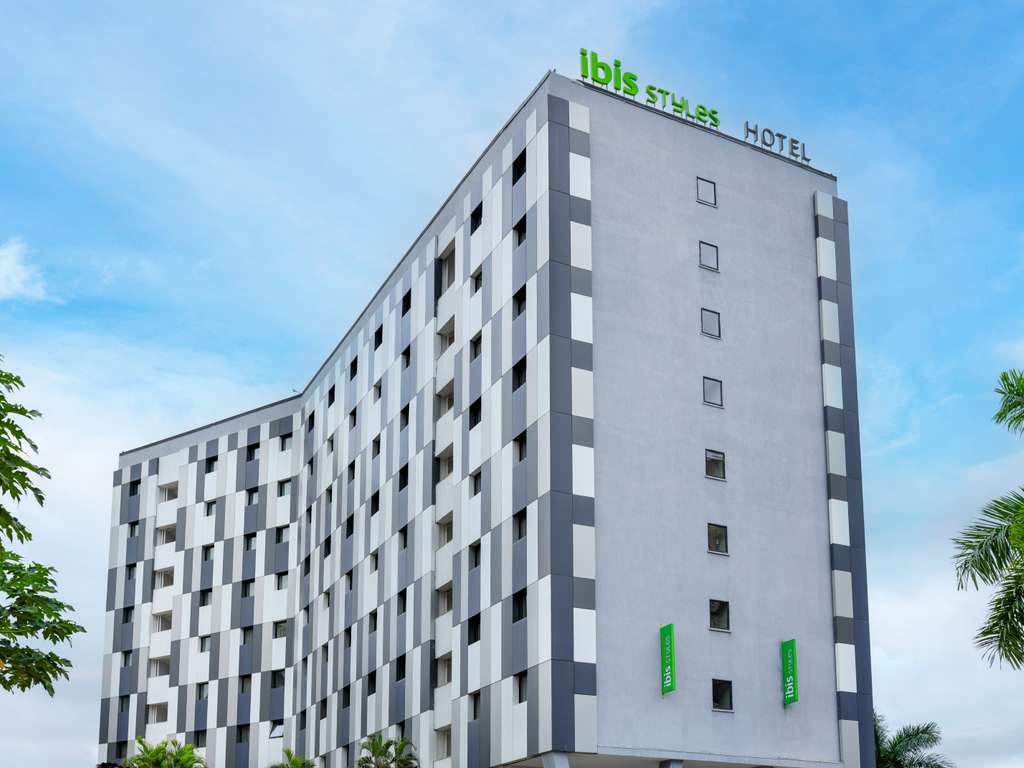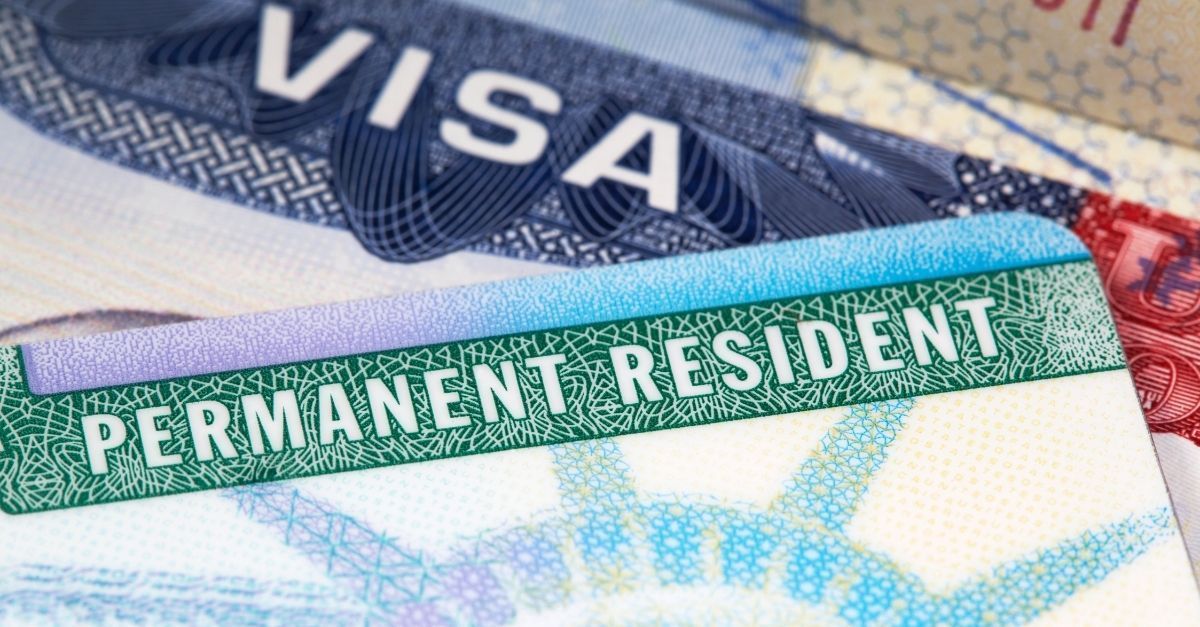How To
-

Why Listening is More Important Than Talking in Love
In relationships, many people believe that communication is all about talking. But the truth is, listening is even…
Read More » -

How to Apologize and Make Peace After an Argument
Arguments are part of every relationship whether with a partner, friend, or family member. What truly matters is how…
Read More » -

Balancing Career and Marriage Without Losing Each Other
In today’s fast-paced world, both men and women are pursuing ambitious careers while also trying to build happy marriages.…
Read More » -

How to Apply for a Canada Visitor Visa
Canada is one of the most visited countries in the world, known for its beautiful landscapes, quality education, and…
Read More » -

How to Check Your Passport Application Status in Ghana
Applying for a Ghanaian passport is an important step, whether you are traveling abroad for school, work, business, or…
Read More » -

How to Book a Hotel in Ghana as a Foreigner
Visiting Ghana, whether for tourism, business, or study, is exciting and one of the most important things to arrange…
Read More » -

How to Check for DV Lottery Results (Step-by-Step Guide)
Every year, thousands of people around the world apply for the Diversity Visa (DV) Lottery, also known as the…
Read More » -

How to Register a SIM Card for Foreigners in Ghana
If you are a foreigner visiting or living in Ghana, one of the first things you’ll need is…
Read More » -

How to Apply for Permanent Residency Abroad
Many people dream of living, working, or studying abroad long-term. One of the best ways to achieve this is…
Read More »

